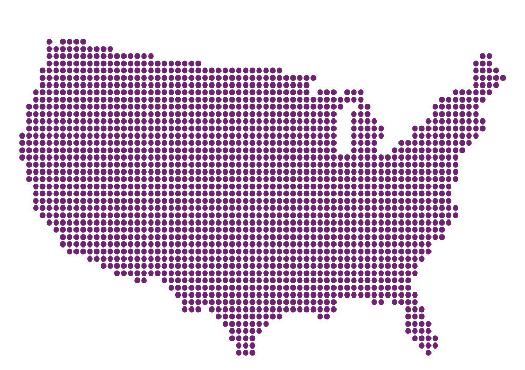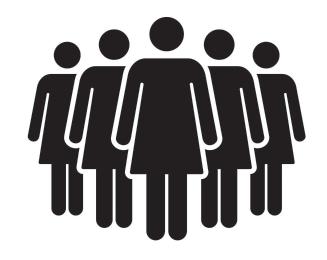
2 minute read
Breast Cancer Statistics and Tips for Being Proactive
About 1 in 8 U.S. women will develop breast cancer over the course of her lifetime.
In 2023, it is estimated that 297,790 women will be diagnosed with breast cancer, 55,720 will be DCIS and 43,700 patients will die from the disease. 2,800 of those diagnosed will be men.
Advertisement
A woman’s risk of breast cancer nearly doubles if she has a first-degree relative who has been diagnosed with breast cancer. Less than 15% of women who get breast cancer have a family member previously diagnosed with it.
A man’s lifetime risk of breast cancer is about 1 in 883.
As of January 2023, there are more than breast cancer survivors in the U.S. 4 million
In women under 45, breast cancer is more common in African-American women than white women. For Asian, Hispanic, and Native-American women, the risk of developing and dying from breast cancer is lower.
85%

Decreases
In Death
rates have been seen since 1989 and are thought to be the result of treatment advances, earlier detection thorough screening, and increased awareness.
Breast cancer is the most commonly diagnosed cancer worldwide, and the most common among American women. There is a diagnosis of breast cancer every 14 seconds worldwide.

About 85% of breast cancers occur in women who have NO family history of breast cancer.
About 5-10% of breast cancers can be linked to gene mutations inherited from one’s mother or father. Mutations in the BRCA1 and BRCA2 genes are the most common. On average, women with a BRCA1 mutation have up to a 72% lifetime risk of developing breast cancer. For women with a BRCA2 mutation, the risk is 69%. Breast cancer that is positive for the BRCA1 or BRCA2 mutations tends to develop more often in younger women. An increased ovarian cancer risk is also associated with these genetic mutations. In men, BRCA2 mutations are associated with a lifetime breast cancer risk of about 6.8%; BRCA1 mutations are a less frequent cause of breast cancer in men.

BE YOUR OWN ADVOCATE! Perform regular breast self-exams. • Learn about your breast density: Annual breast imaging is generally recommended for women over forty, adding ultrasound or MRI if breasts are dense. Speak to your physician about what is right for you. • Genetic counseling and testing are more available than ever, and some experts are advocating testing for all. • A healthy BMI and exercise are very important, particularly post menopause, as are not smoking and keeping alcohol consumption in moderation.
Breast
CANCER ALLIANCE is one of the most prominent, private non-corporate breast cancer organizations in the United States, funding critical grants in pursuit of its three-pronged mission.

BCA has funded 516 impactful grants to date.
We continue to improve the outlook on breast cancer and are proud to have funded so many impactful grants and ground-breaking research. With the uncertainty of federal funding, the need for private philanthropy for the advancement of cures continues to grow.






